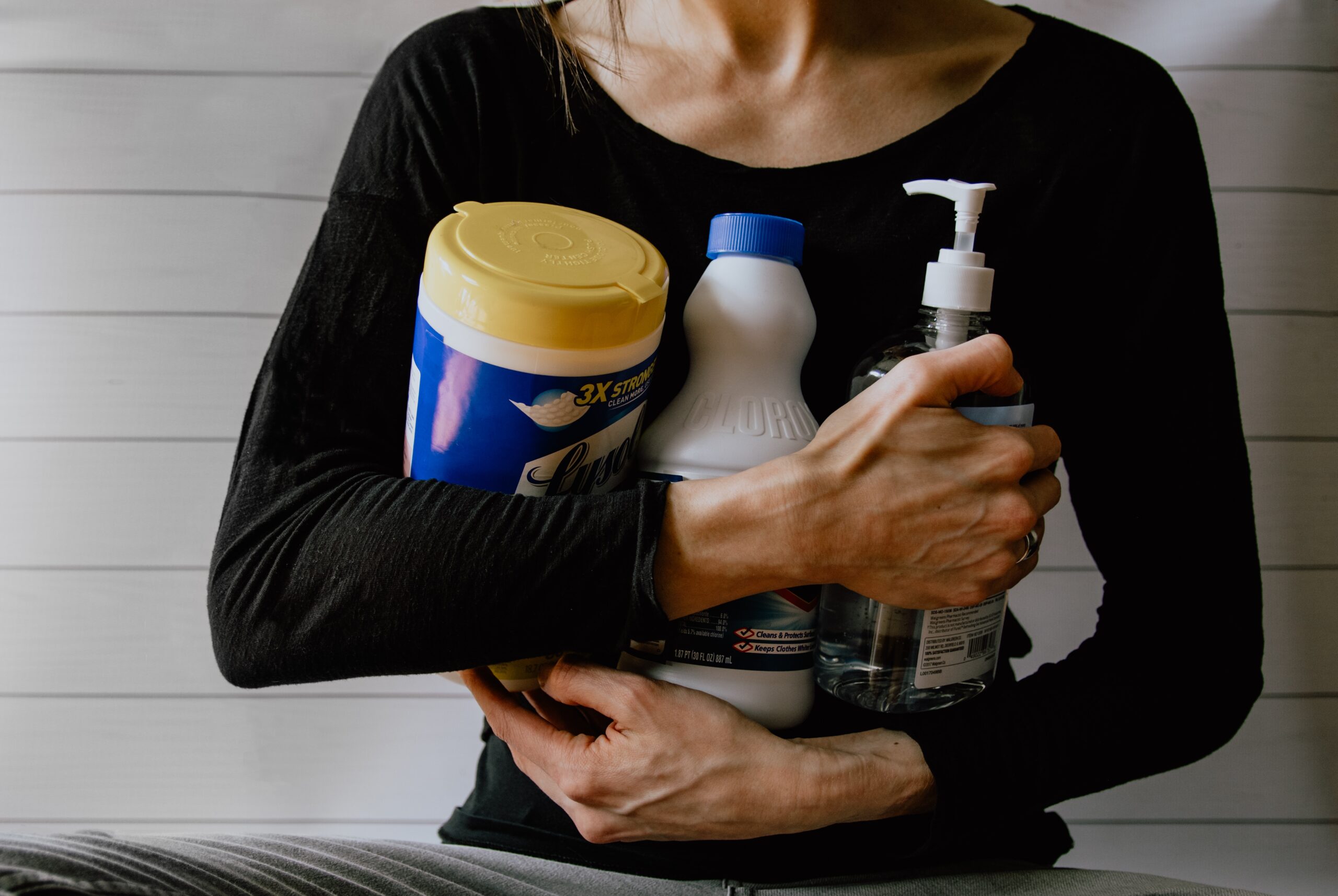
In the wake of the COVID-19 pandemic, hand sanitizers became a highly sought-after commodity, with many individuals and businesses resorting to stockpiling alcohol for sanitization purposes. While the intention to prioritize public health and safety is commendable, the practice of bunker stocking alcohol as a sanitizer is unsustainable and poses various challenges. This article explores the reasons why this approach is problematic and suggests alternative solutions for maintaining effective sanitization practices without contributing to long-term sustainability issues.
- Short-Term Supply Chain Disruptions: The sudden surge in demand for alcohol as a sanitizer during the pandemic strained the supply chain, leading to shortages and price hikes. Panic buying and hoarding exacerbated these disruptions, leaving many individuals and healthcare facilities without access to essential sanitization products. Such imbalances in the market highlight the fragility of relying on alcohol as a sanitizer, as it creates an unsustainable cycle of scarcity and excess.
- Environmental Implications: The mass production and consumption of alcohol-based sanitizers have significant environmental consequences. The production of alcohol requires energy-intensive processes, including the cultivation of raw materials such as corn, wheat, or sugarcane, and subsequent distillation. Additionally, the manufacturing, packaging, and transportation of sanitizers contribute to carbon emissions and generate plastic waste. Stockpiling alcohol exacerbates these issues, straining natural resources and contributing to pollution, deforestation, and climate change. Now, as many large stockpiles of alcohol-based products that have been hoarded reach their expiration dates, new unnecessary CO2 emissions, hazardous transportation, disposal, and plastic waste are being created.
- Competition with Healthcare Systems: Bunker stocking alcohol for sanitization purposes also competes with the needs of healthcare systems and essential workers. Medical facilities, including hospitals and clinics, heavily rely on sanitizers to maintain rigorous hygiene standards. By hoarding alcohol supplies, individuals inadvertently deprive healthcare workers of the resources needed to ensure safe practices, thus compromising public health efforts and the ability to effectively respond to emergencies. Depending on alcohol based sanitizer for disinfection is not safe for the patients as there is a shortage in the supply during pandemics.
- Ethanol Diversion from Other Industries: Alcohol, particularly ethanol, is a versatile compound widely used across various industries, including pharmaceuticals, biofuels, and cosmetics. The excessive stockpiling of alcohol for sanitization purposes diverts the limited supply away from these industries, leading to disruptions in their operations. Pharmaceutical companies, for example, require ethanol for producing medications, and the diversion of this crucial ingredient could impact the availability of essential drugs, ultimately affecting public health on a larger scale.
- Emerging Health Concerns: While alcohol-based sanitizers have some effect in combating the spread of viruses, long-term excessive use can pose health risks. The constant use of sanitizers with high alcohol content can dry out the skin, leading to dermatological issues and irritation. Moreover, alcohol based sanitizers may contribute to the development of antibiotic resistance, as they indiscriminately kill both harmful and beneficial bacteria, potentially weakening the body’s natural defenses against infections.
Sustainable Alternatives: To mitigate the unsustainability of bunker stocking alcohol as a sanitizer, it is crucial to explore alternative solutions. More sustainable sanitization products can reduce carbon emissions from both production, transportation, storing, use and recycling. Learn more about the sustainable advantages with BioPolymer+ in Environmental Product Declaration found here: www.biopolymerplus.com.
Note
Let’s keep in mind that we can get sick from our own hands when we constantly touch our face. However, it’s important to acknowledge that the spread of harmful microbes often occurs through contact with other people’s hands and surfaces. Therefore, limiting access for other people to sanitizing products is not beneficial in preventing the transmission of germs.
Use disinfectants safely. Always read the label and product information before use.
Biocider ska användas på ett säkert sätt. Läs alltid igenom etiketten och produktinformationen före användningen.


